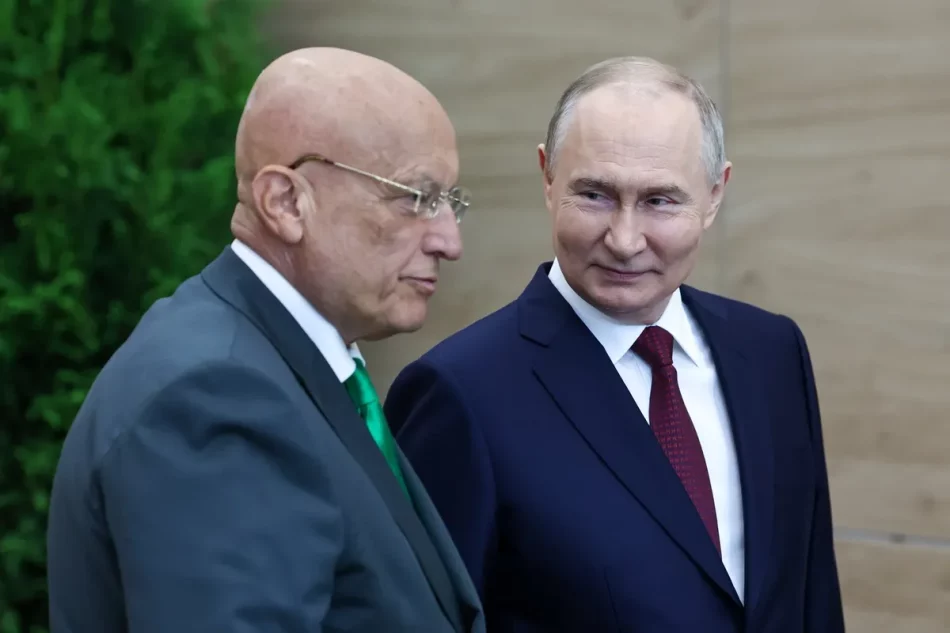Russian Expert’s Signal: No Decisive Win in Ukraine Conflict
On September 9, 2025, a prominent Kremlin-linked political analyst has publicly acknowledged that Russia’s war against Ukraine will likely conclude without the sweeping victory promised by Moscow, reports DROBRO. Sergey Karaganov, co-founder of the Putin-favored Valdai Discussion Club and former dean at Moscow’s Higher School of Economics, made the remarks in an op-ed published in “Rossiyskaya Gazeta,” Russia’s official government newspaper. This admission is seen as a subtle signal from the Kremlin elite to the public and leadership that the conflict’s initial goals—total defeat of Ukraine akin to Napoleon’s 1812 invasion or Hitler’s 1945 downfall—may remain unfulfilled.
The article highlights Karaganov’s recognition that by refraining from nuclear escalation, Russia cannot achieve a “defeat similar to that of Napoleon or Hitler.” This contrasts sharply with his 2023 proposal for a preemptive nuclear strike on Europe, underscoring a shift in rhetoric amid the ongoing stalemate. Analysts interpret this as an internal acknowledgment of military deadlock, especially as the war drags into its third year with no territorial breakthroughs for Moscow.
Kremlin’s New ‘Sibiriization’ Plan to Mask War Failures
In place of battlefield triumph, Karaganov proposes a bold domestic pivot: “sibiriization,” a reorientation of Russia toward its eastern frontiers to rebuild national focus and economy. He suggests demobilized soldiers from the Ukrainian front should “join the managerial class” and spearhead infrastructure projects in Siberia, transforming into “new Siberians.” Drawing parallels to U.S. President Franklin D. Roosevelt’s New Deal during the Great Depression, this initiative aims to channel returning troops into constructive roles, alleviating social tensions and unemployment.
Karaganov frames this as a fresh ideology of “returning to oneself” and a “code for the 21st-century Russian,” emphasizing self-reliance and eastward expansion. However, critics view it as a diversionary tactic to obscure the war’s failures, redirecting public attention from Ukraine to internal development amid economic strains and international isolation.
Implications for Russia and the Global Stage
Karaganov’s piece in the state mouthpiece “Rossiyskaya Gazeta” is widely regarded as more than an opinion—it’s a barometer of Kremlin thinking, signaling to elites and society that victory, as propagandized, is elusive. With Russia’s economy battered by sanctions and military losses mounting, this eastward shift could signal preparations for a negotiated end to the conflict, potentially without the “denazification” or territorial gains Putin initially vowed.
International observers, including those from Western think tanks, see this as a potential turning point. If “sibiriization” gains traction, it might stabilize domestic unrest but at the cost of abandoning aggressive foreign policy in Europe. As the war nears a possible resolution without clear winners, the world watches whether Moscow’s pivot will lead to de-escalation or further internal reconfiguration.
